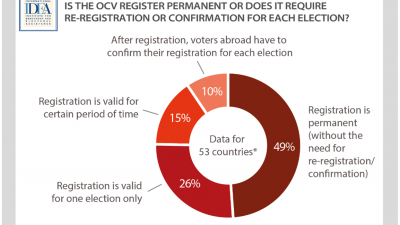
The Karta Polaka: origins, requirements, rights and implementation
The Karta Polaka was introduced in 2007 to strengthen ties between Poland and the Polish diaspora. This status grants access to education, healthcare, and business opportunities while facilitating citizenship application. This blogpost recaps its political origins, the requirements to acquire it, the rights it grans, and some statistics on take-up rates Read More …









